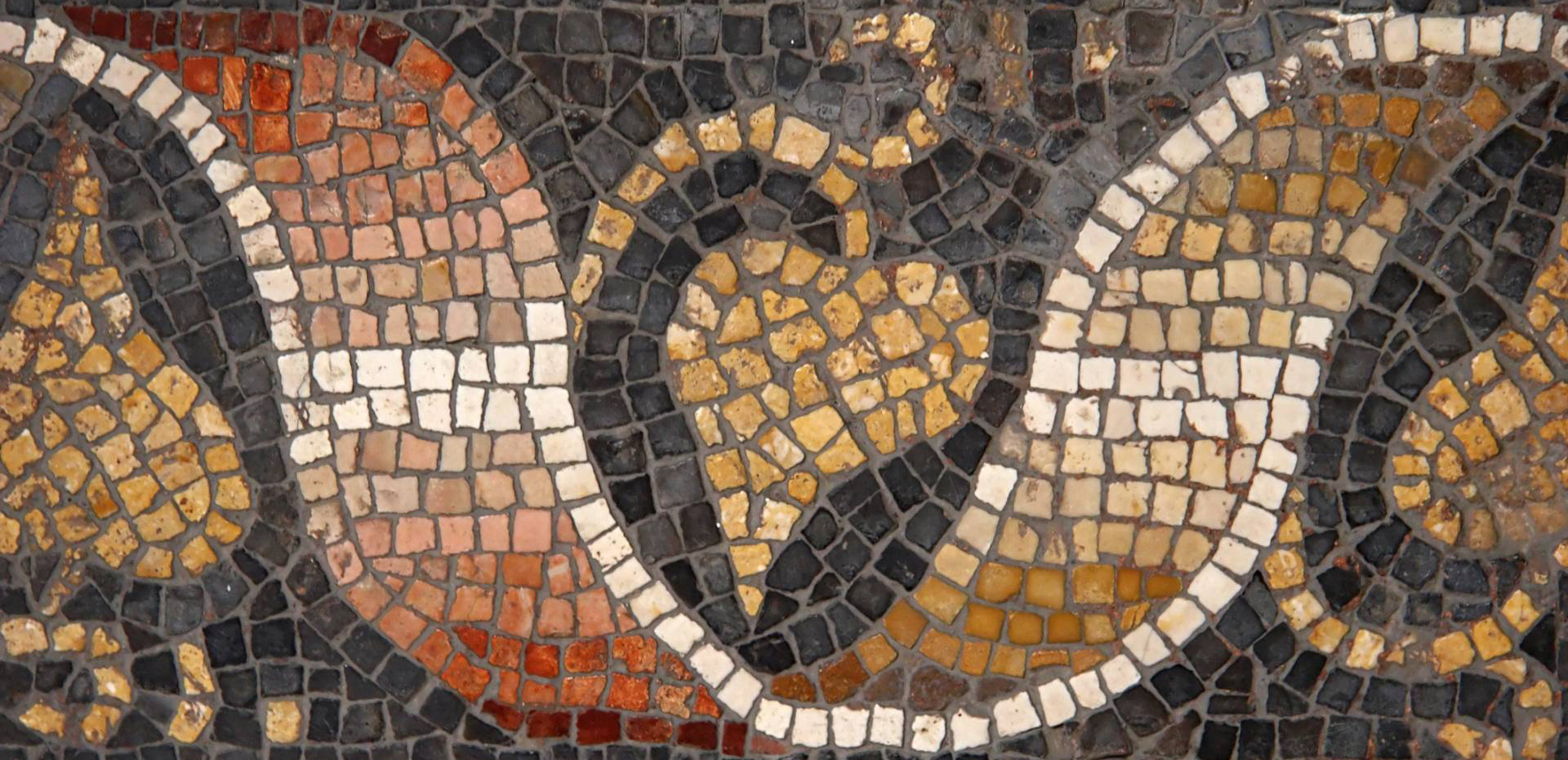SOMMARIO:
A. EVENTI
1. PONTIFICIO ISTITUTO ORIENTALE (ROMA): “IDENTITA’ DI UNA MISSIONE FUTURA, TRA PASSATO E PRESENTE” (ROMA, 04-05.05.2017)
2. CONFERENCE: “CUTTING-EDGE RESEARCH, BEYOND DISCIPLINE BOUNDARIES” (ROME, 05.05.2017)
3. TRIAKOSTO EBDOMO SYMPOSIO BYZANTINES KAI METABYZANTINES ARCHAIOLOGIAS KAI TECHNES. APHIEROMA STON CHARALAMPO MPOURA (ATHENA, 12-14.05.2017)
4. INTERNATIONAL SYMPOSIUM: “ARCHAEOLOGY AND HISTORY OF LYDIA FROM THE EARLY LYDIAN PERIOD TO LATE ANTIQUITY (8TH CENTURY B.C.-6TH CENTURY A.D.)” (IZMIR, 17-18.05.2017)
5. VORTRAGSREIHE: “BYZANZ IN MAINZ”, SOMMERSEMESTER 2017 (MAINZ, 17.05-11.07.2017
6. WORKSHOP: “L’ARMENIA MEDIEVALE EPICENTRO DI MOBILITA’ TRA ORIENTE E OCCIDENTE” (BOLOGNA, 18-19.05.2017)
7. JAMES LOEB BIENNIAL CONFERENCE: “THE LOEB CLASSICAL LIBRARY AND ITS PROGENY” (MURNAU/MUNICH, 18-21.05.2017)
8. PRESENTAZIONE DEL VOLUME “COSTANTINO E L’ORIENTE. L’IMPERO, I SUOI CONFINI E LE SUE ESTENSIONI” (ROMA, 19.05.2017)
9. CONVEGNO INTERNAZIONALE: “MEDIOEVO RITROVATO. IL PATRIMONIO ARTISTICO DELLA PUGLIA E DELL’ITALIA MERIDIONALE PRIMA E DOPO AUBIN-LOUIS MILLIN (1759-1818)” (ROMA, 25-26.05.2017)
10. INTERNATIONALE HOCHSCHULWOCHE 2017: “ANTIKE UND BYZANZ ALS HISTORISCHES ERBE IN SUEDOSTEUROPA (19.-21. JAHRHUNDERT)” (TUTZING, 02-06.10.2017): CALL FOR APPLICATIONS (DEADLINE: 30.05.2017)
11. VORTRAG VON DR. KOSTIS SMYRLIS: “MANNING THE BYZANTINE ADMINISTRATION: THE FAMILIES OF BUREAUCRATS (11TH-12TH C.)” (WIEN, 12.06.2017)
12. 6TH CONGRESS OF THE EUROPEAN SOCIETY OF MODERN GREEK STUDIES (LUND, 04-07.10.2018): CALL FOR PAPERS (DEADLINE: 30.11.2017)
B. PUBBLICAZIONI
1. GALENOS. RIVISTA DI FILOLOGIA DEI TESTI MEDICI ANTICHI, 10 (2016)
2. “COSTANTINO E L’ORIENTE. L’IMPERO, I SUOI CONFINI E LE SUE ESTENSIONI” (OCA, 300) (2016)
C. NOTIZIE
1. POSITION: LECTURESHIP IN BYZANTINE STUDIES IN EDIMBURGH (FROM 1ST SEPTEMBER 2017; APPLICATION DEADLINE: 08.06.2017)
2. ERSTE ABTEILUNG DER PROSOPOGRAPHIE DER MITTELBYZANTINISCHEN ZEIT ZUR VERFUEGUNG
3. PHOTIOS ON LINE
